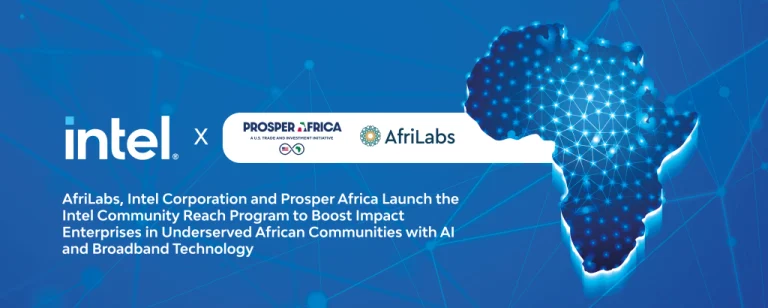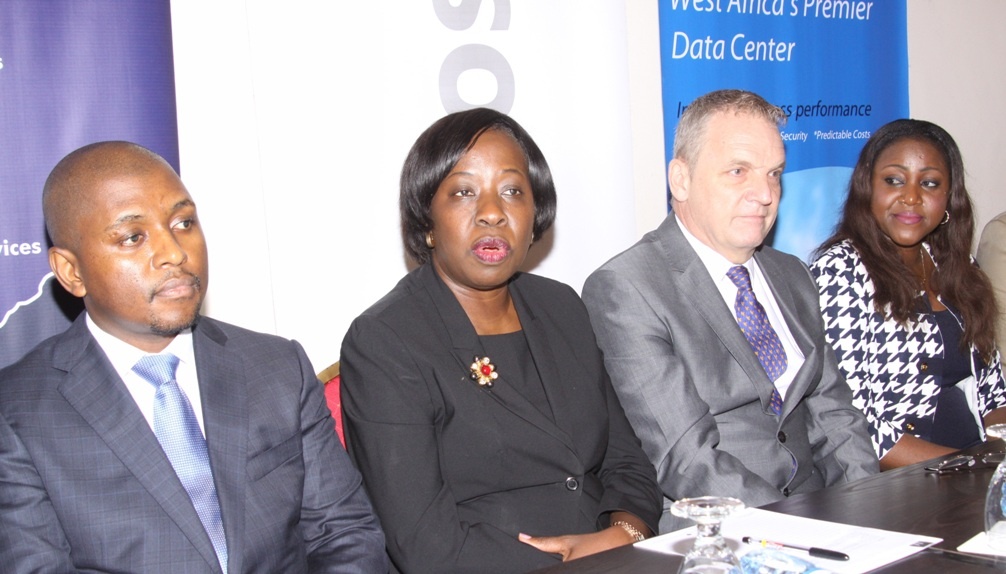Google Develops AI Research Center to Address Food Shortages in Africa

Google has announced the opening of an AI research facility as part of its initiatives to address the food problem in Africa.
The statement was made earlier this week as Google joined the list of companies promising support for the Sustainable Development Goals (SDG) Digital project of the United Nations (UN).
As part of its Global Goals Impact Challenge on AI for the SDGs, Google’s initiative involves the creation of an AI center devoted to solving food insecurity in Africa and the allocation of $25 million in financing for 15 AI projects, including those in Kenya and South Africa.
According to the 2022 Global Report on Food Crises 2022 Mid-Year Update, Africa has the greatest rate of people who experience hunger, with at least one in five Africans having food insecurity.
The United Nations, businesses in the private sector, financial institutions, international organizations, and charitable foundations have all pledged financial, strategic, and operational support to the SDG Digital project, which aims to put the Sustainable Development Goals back on track.
The International Telecommunication Union (ITU) and the United Nations Development Programme (UNDP) convened a high-level SDG Digital event at the United Nations’ SDG Action Weekend to strengthen digital support for the global 2030 Agenda.
Additionally, significant commitments have been made by the Global Satellite Operators Association (GSOA), Google, Microsoft, Millicom, Telenor, ZTE, the Republic of Korea, and the Government of Saudi Arabia to advance universal and meaningful connectivity as well as long-term digital transformation.
These promises, according to the ITU, add to the more than 750 others that have already been made, amounting to more than $32 billion, since the Partner2Connect Digital Coalition campaign was launched in February 2022.
Amina J. Mohammed, the UN’s deputy secretary-general, stressed at the SDG Digital launch that, when used responsibly, digital technologies can act as catalysts for economic, social, and societal transformation by bringing efficiencies to scale and expanding the reach of current solutions to support a larger population.






